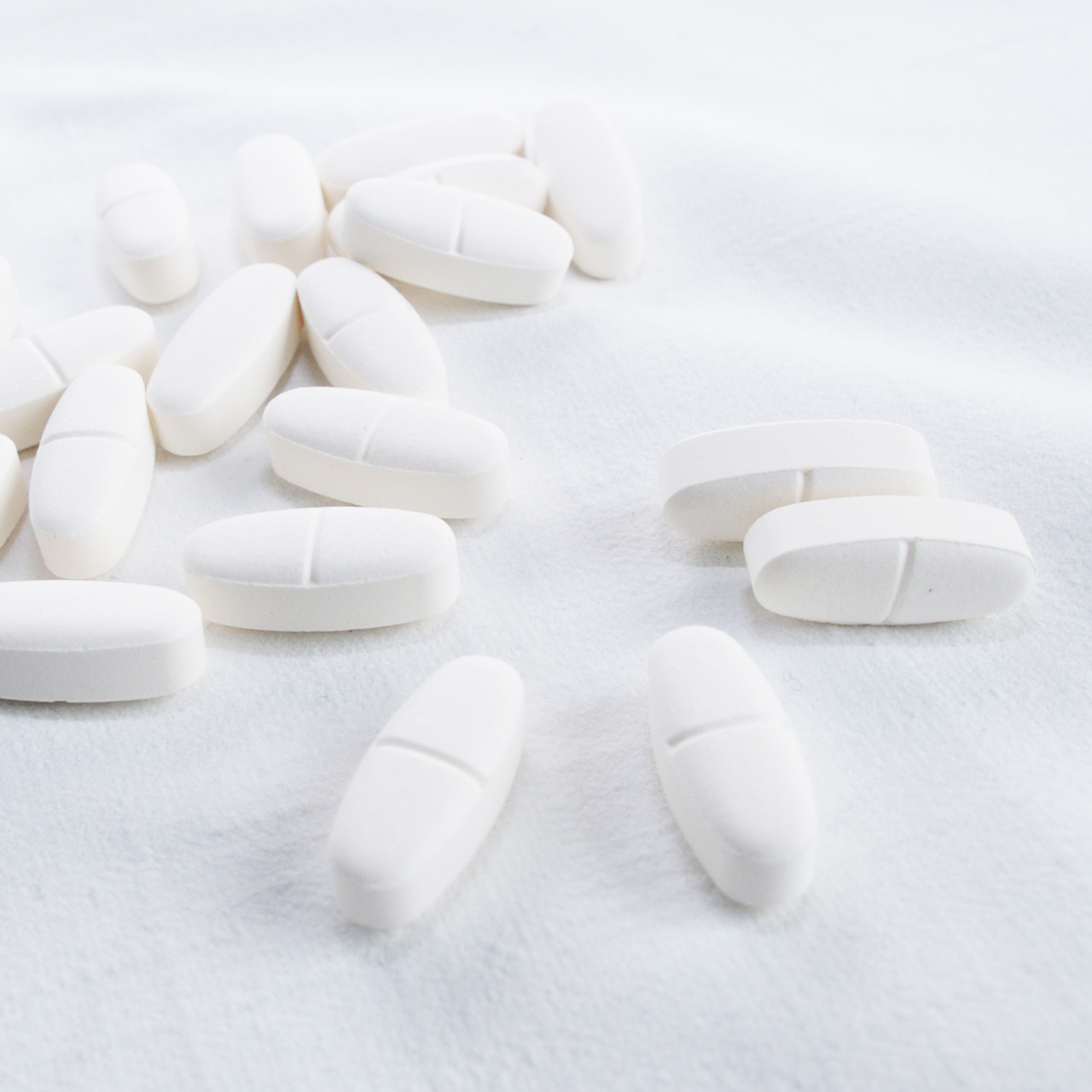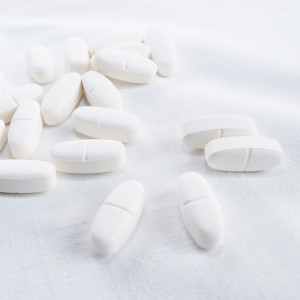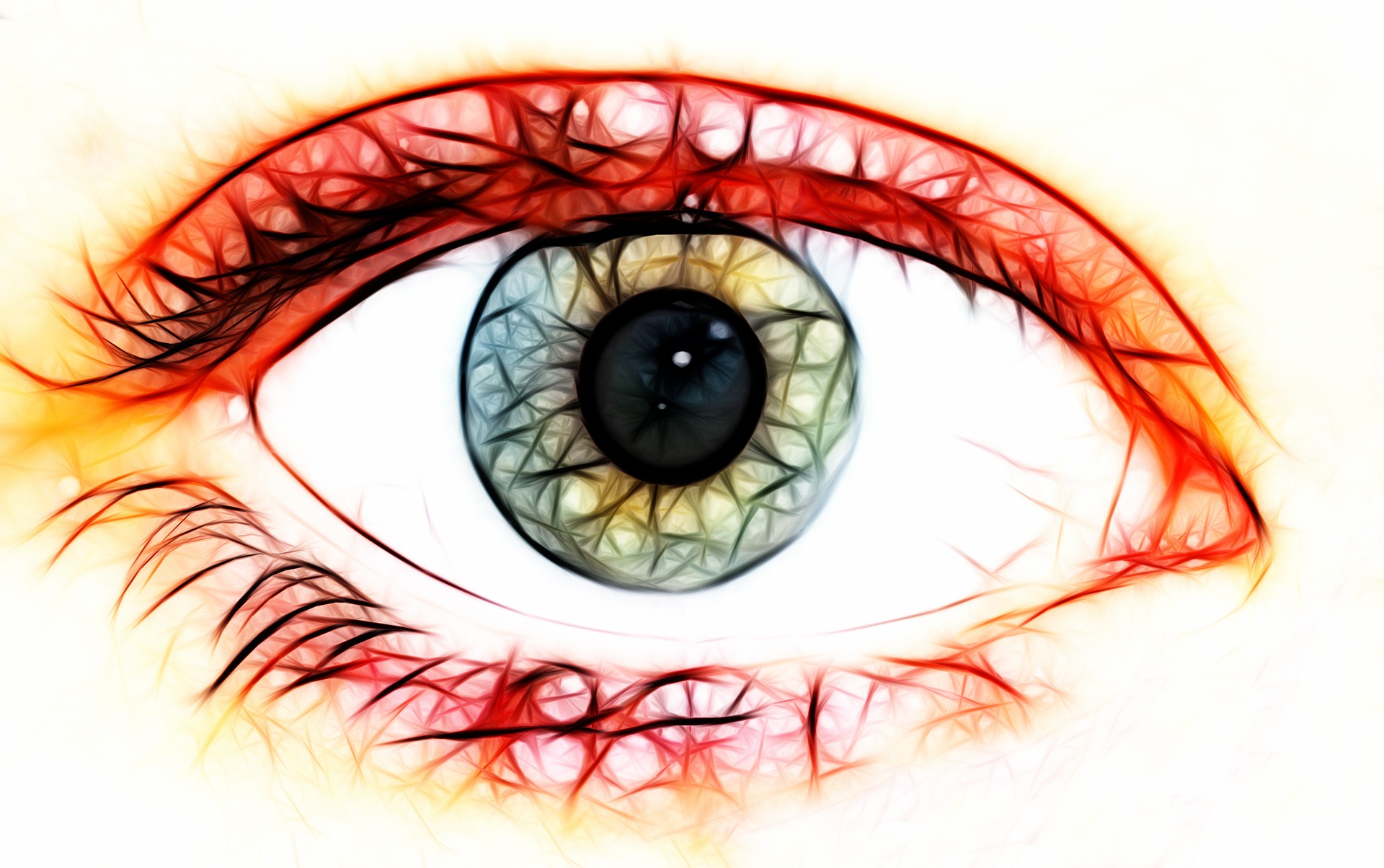
SICKLE CELL AND L-GLUTAMINE THERAPY
Sickle cell disease is a devastating hereditary condition afflicting millions of people, particularly in West and Central Africa as well as those of African descent in the United States and South America.
In some parts of central Africa, as many as one person in 40 is born with the disease; about 90 percent of them die by the age of five and 99 percent by the age of 20.
About 4 million people in West and Central Africa suffer from the disease; from 500,000 to 1 million people in South America and about 100,000 people in the United States, where about one in 500 African American children are born with the condition.
Sickle cells die faster than normal red blood cells, and the body cannot replace them fast enough, leading to anemia.
Normal red blood cells live for about 120 days before they are replaced with new ones. Sickle-shaped cells are destroyed in about 16 to 21 days.
In addition, sickled red blood cells tend to clump together and stick to the arterial walls, blocking blood flow and leading to pain, sores and organ failure.
Red blood cells contain the protein hemoglobin, which transports oxygen to other body tissues. Normal red blood cells contain hemoglobin A and remain round and smooth when oxygen is released.
In contrast, the bone marrow of people with sickle cell disease produces red blood cells with a different form, hemoglobin S, which stands for sickle.
Treatments for SCD primarily include pain medication and hydration, hydroxyurea, which decreases the incidence of painful crises but is often not well tolerated, and bone marrow transplant, which is costly and has limited availability.
The cost of treating sickle cell disease exceeds an estimated $1.1 billion annually in the United States alone, according to a study released in 2009.
Over the years, thousands of medications have been proposed for treating sickle cell disease, but most of them were eliminated at the pre-clinical level.
Only about 80 medications have actually entered into clinical trials, and only three have made it into Phase III trials.
And so, I went to an event organised by the Sickle Cell Society in London recently; it was about talks on clinical trials taking place for people with Sickle Cell. Medical science teams around the world are doing their utmost best to look for a cure and to that I thank them. They are trying to advance science and knowledge about SCD in the 21st century. There are other tablets also in the clinical trial stages both in the US and UK and over the course of the next few weeks, I will be talking about the others.
Today, I would like to talk about L-glutamine therapy because it has been approved in US since 2017 for the treatment of Sickle Cell by the FDA (Food & drugs administration).
Before a tablet can be on the market for general sale, the tablet would have gone through a lot of research stages before it gets to the clinical trial stage. Even then, it would have had various clinical trials in the guise of phase 1, phase 2 and phase 3.
Among patients treated with L-glutamine in the study, there were subjective reports of improvements in regards to chronic pain and energy levels. It was noted that those who took the table and had SC had fewer number of SC crises; fewer SC hospital admission and a lower incident of pain in general, over a period of 48 weeks, when the volunteers were being monitored.
In sickle cell disease, many of the complications and much of the suffering can be linked to the tendency of sickle red blood cells to stick to the endothelial cells that make up the inner lining of the blood vessels.
This slows the travel of the red blood cells through capillaries, which often leads to blockages, or vasoocclusion. This blockage causes pain, inflammation and organ failure.
In addition, sickle cell anemia patients may experience significantly reduced physical abilities. L-glutamine has been shown to have another positive impact in sickle cell anemia patients by improving their exercise endurance. p
No major side effects were noted, nor were there any deaths or severe adverse events attributable to the L-glutamine treatment.
Sickle cell disease causes a great deal of suffering for millions of people, particularly the young.
If you want to use this tablet for yourself or your child, do consult with your medical doctor and if you would be interested in being involved in clinical research for SCD, then consult with your heamothology physician.
www.news-medical.net/news/20120703/Treating-Sickle-Cell-Disease-with-L-Glutamine.aspx








Pls can I have your direct contact. I have a 3+ daughter. Kindly assist
Hello there Famoye Mayowa; thanks for getting in touch. You can contact me on t.dehinde@yahoo.com. How is your daughter doing? Pls do keep coming to the site and get more ‘golden nuggets’ for your precious daughter. Wishing you well. TD
Hi
Hello Mr Mayowa, I have replied to your enquiry, do let me know you got it by sending an email to – t.dehinde@yahoo.com.